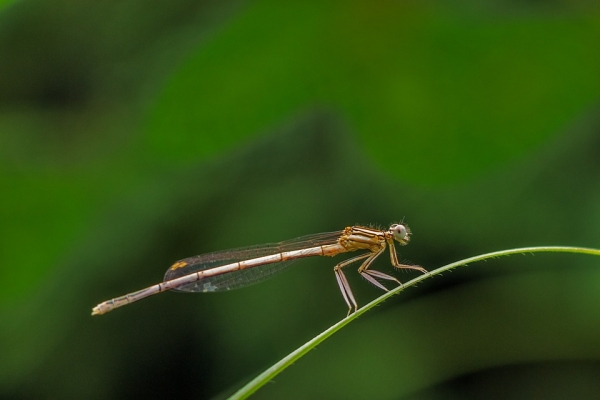Climate changes are conjuring a whirlwind ride that seems to present some creatures opportunities to thrive. Scientists scripting supercharged scenarios caution that the difference between seasonal coping and long-term adaption is vast — and tricky to predict.
Michigan State University biologists have studied damselflies — which resemble dragonflies and are abundant as both predator and prey in wetlands — to understand what happens throughout their lifecycle from nymph to winged insect, along with what they eat, when summers grow warmer and longer.
Their work in this week’s Proceedings of the Royal Society B has a twist — combining seasons of observational and experimental work in the field and lab with input from a theoretical ecologist, a mathematician with supersized modeling creds.
The results: A new respect for the blinding speed of global warming and a more realistic look at what a hot summer can bring to a nearby pond.
Read more at Michigan State University
Photo Credit: Bergadder via Pixabay


